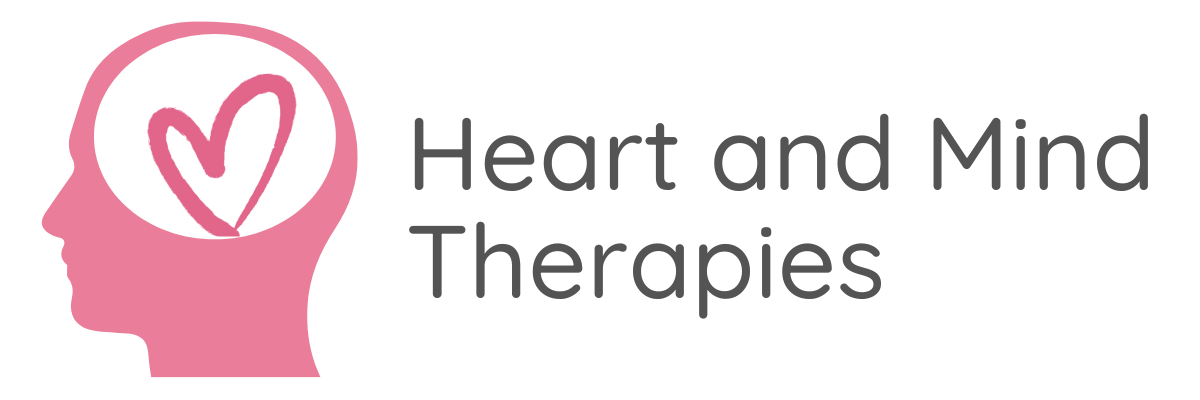There’s a particular kind of ache that comes from feeling left out—like being the fourth member of a three-person girl band. It’s a feeling many of us know all too well, especially if we’re neurodivergent. Whether it’s in the workplace, romantic relationships, or friendships, we often find ourselves on the fringes, wondering why we’re never the one who’s chosen.
One way this often shows up is through people-pleasing. For many neurodivergent people, it becomes a coping mechanism. Not because we’re trying to manipulate, but because we’re trying to protect ourselves. Somewhere along the line, we absorbed the message that we’re “too much”, or not quite loveable as we are. So, we put others first. We become the reliable friend, the caring partner, the high achiever—because we believe we have to earn our place in someone’s life.
This people-pleasing often stems from a deep fear of rejection. We’ve been told, subtly or directly, that we need to change or tone ourselves down to be accepted. That’s where masking comes in. We play the roles we think we’re meant to play—exceptional employee, social butterfly, supportive friend. And while we may genuinely have those qualities, they become a mask when we’re performing them out of obligation or fear, rather than from a place of authenticity.
But here’s something that matters: you don’t have to wait to be chosen. You can do the choosing. You are welcome, and you are worthy of connection—not despite who you are, but because of it.
The way we form relationships as neurodivergent people may not follow the so-called norm—and that’s perfectly fine. Some of us connect through shared interests, others feel an intense spark of understanding early on. Our ways of connecting might look different, but they are just as valid.
When building any kind of relationship—romantic, platonic, or professional—it’s worth asking: What do I need from this? What do I value? A relationship should work both ways, not something where one person is constantly giving while the other takes. It should support both people.
Instead of focusing solely on “red flags” or “green flags”, consider whether someone’s actions and values align with yours. Are they offering something that genuinely fits with who you are and the future you want for yourself?
Relationships can be challenging, but that doesn’t mean you’re bad at them. You may not fit everywhere—but you will fit somewhere. So, stop squeezing yourself into spaces that can’t hold all of you. Invest in the relationships that nourish you. The ones that are compassionate, understanding, and accepting of every part of you.
Because you are loveable. Fully. Exactly as you are. And you deserve relationships that recognise and celebrate that.
